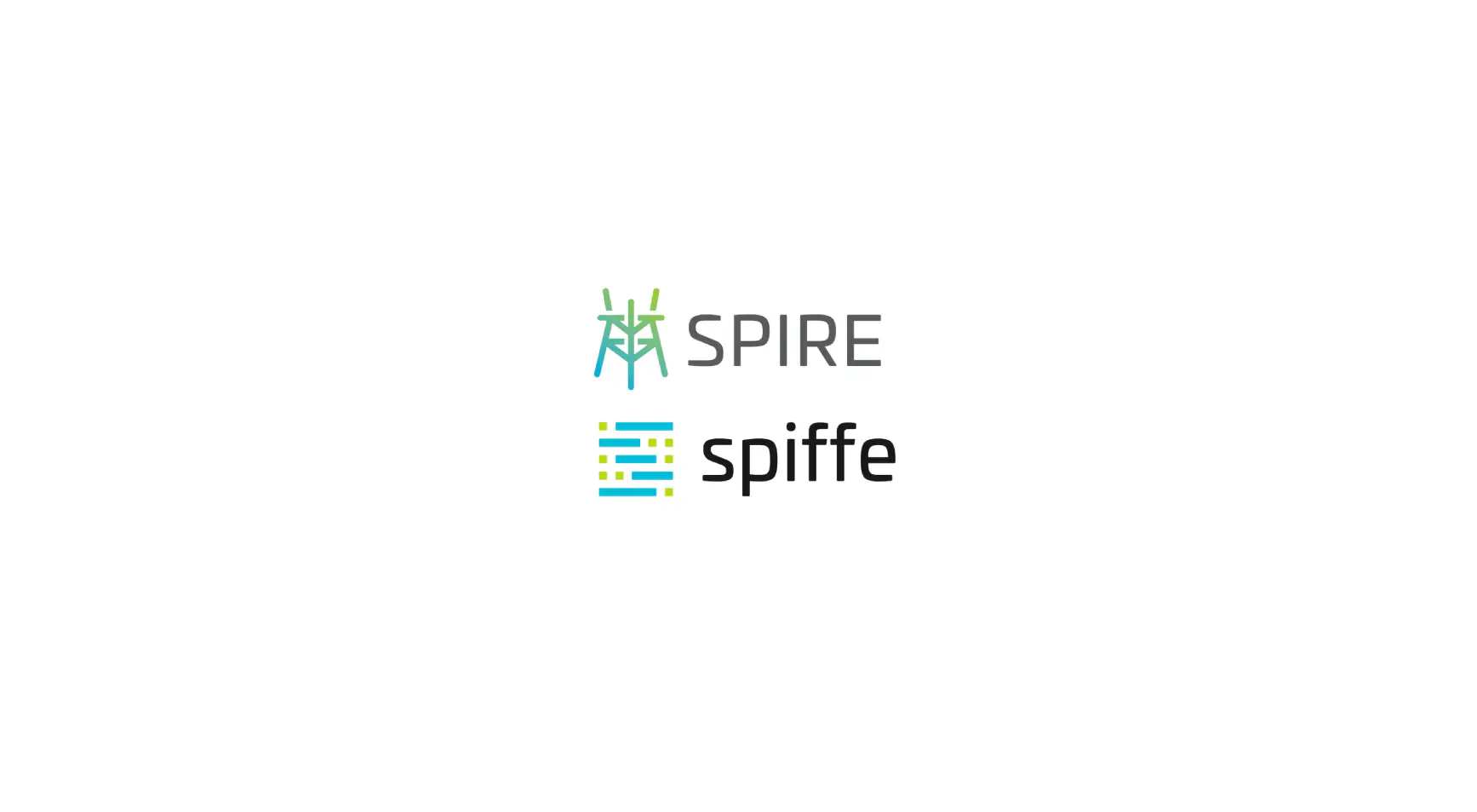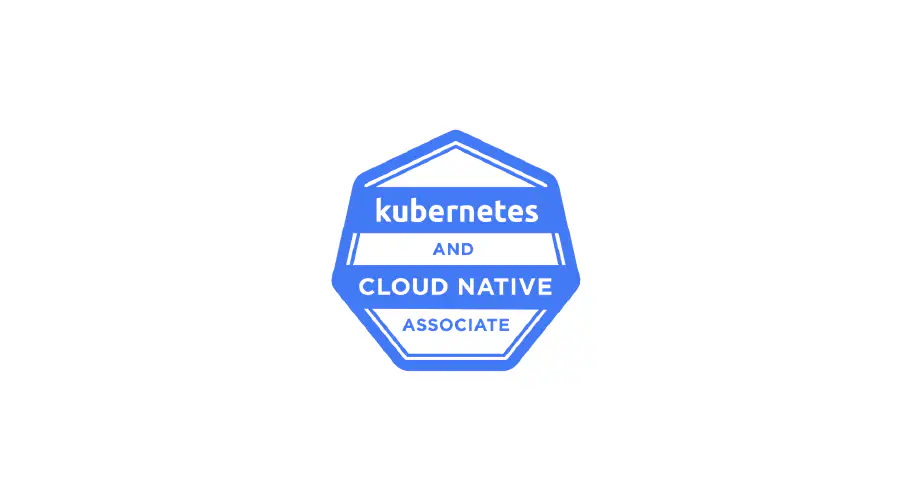The Linux Foundation: Advancing Security Education with Hands-On Zero Trust Courseware

About The Linux Foundation
The San Francisco-based Linux Foundation (LF) is a global leader in open source technology. Operating in over 160 countries, it champions open source principles and fosters innovation. Backed by a diverse community, the LF draws together Fortune 500 companies and independent developers to shape a collaborative digital future.
Mastering the Shift from Implicit to Explicit Trust with Technical Zero Trust Courseware
In response to the shifting security paradigms for establishing trust relationships within cloud native environments, ControlPlane, in collaboration with the Linux Foundation, embarked on a shared expedition in developing two pioneering courses: Introduction to Zero Trust (LFS183x) and Zero Trust Security with SPIFFE and SPIRE (LFS482). These courses were studiously designed to cater to a broad audience, from novices to seasoned practitioners. By fostering a ‘Zero-to-Hero’ learning approach with the course content, students are enabled to establish their foundational understanding of Zero Trust principles while directly applying what they’ve learned in practice, with hands-on lab environments using open source software (OSS) such as SPIFFE/SPIRE.
Challenges
The primary challenge for this educational effort was to deconstruct the intricacy of Zero Trust into comprehensive and engaging learning materials, leading students on a journey from ‘Zero-to-Hero’. Tackling this challenge, the training material had to address the diverse needs of learners, from developers and operators to high-level IT decision-makers. Furthermore, the dynamic nature of cloud native ecosystems and rapidly evolving OSS added layers of complexity to the educational content.
Solutions
Leveraging its deep expertise in cloud native security, ControlPlane developed a curriculum that not only elucidates the theoretical underpinnings of Zero Trust, but also provides practical, hands-on experience with open-source technologies like Cilium, Envoy Proxy, SPIFFE/SPIRE, and Open Policy Agent (OPA). The “Introduction to Zero Trust” course serves as a foundational layer, while the advanced “Zero Trust Security with SPIFFE and SPIRE” course explores the deeper architectural and operational nuances of Zero Trust Architecture (ZTA) Zero Trust Networks (ZTN) implementations in real-world scenarios.
Key components of the final courseware include:
- In-depth discussions on the limitations and inherent risks of traditional network perimeter security models
- Clear explanation of Zero Trust principles, ZTA models, and their importance in modern security frameworks
- Comprehensive coverage of the open-source ecosystem’s role in facilitating Zero Trust in scalable environments
- Hands-on exercises in Kubernetes lab environments to link theory with practice and enhance the learning experience
Benefits and Outcomes
The Zero Trust course initiative enables professionals from industry sectors to grasp and apply Zero Trust effectively. After engaging with the technical course material, participants are well-equipped to design, deploy, and manage secure cloud native systems with explicit trust in mind. The courses have thus played a pivotal role in advancing the security capabilities of the workforce and, by extension, the broader industry.
Long-Term Impact
The long-term effects of this educational initiative have elevated the industry’s collective understanding of Zero Trust, cultivating a new generation of security professionals adept at managing the complexities of Zero Trust security in practice. This training initiative sets new benchmarks for security education and aims to have a lasting impact on the approach to cloud native security.
Explore the courses and start your Zero Trust learning journey at the Linux Foundation’s training portal.
Similar case studies

The Linux Foundation: Authoring the Kubernetes and Cloud Native Security Associate (KCSA) Exam

BP: Universal Cryptographically-Verifiable Workload Identities

